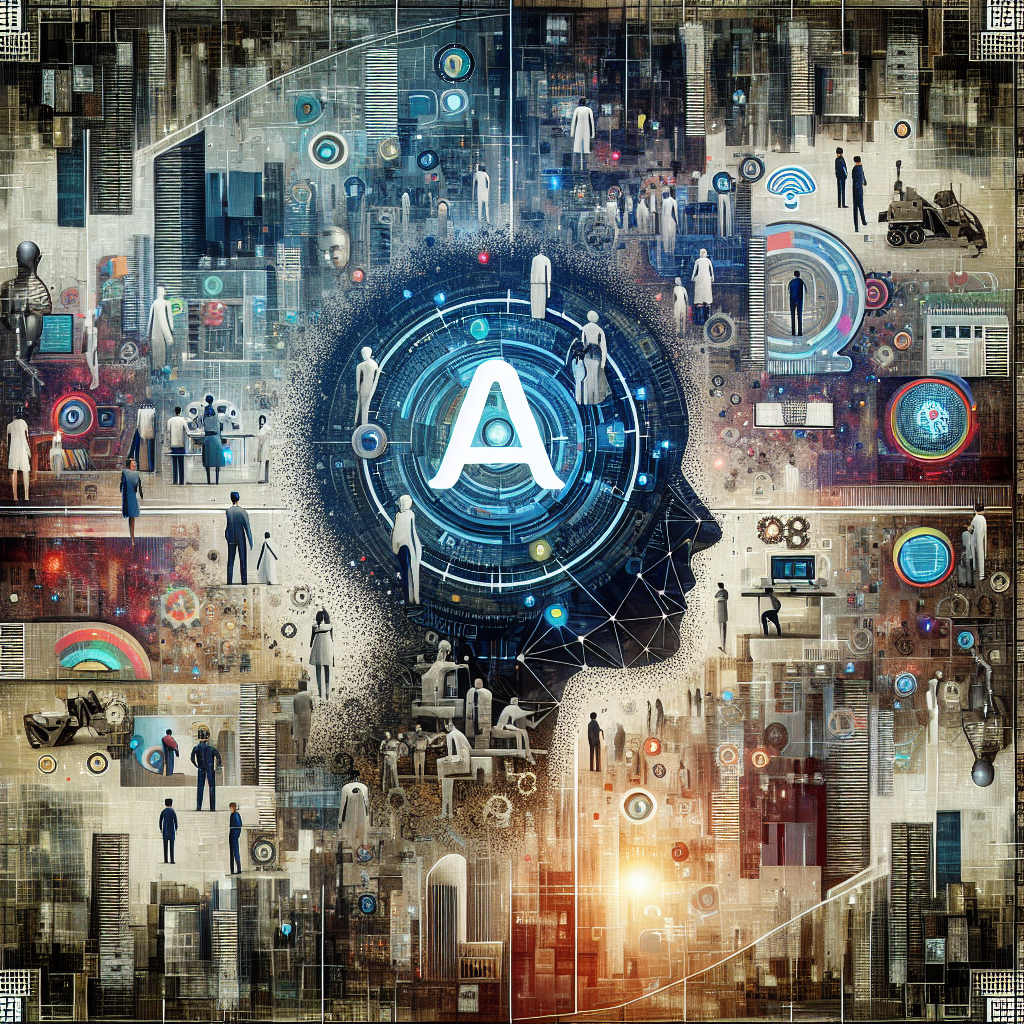Artificial General Intelligence (AGI) is a term used to describe a form of artificial intelligence that possesses the same level of intelligence and cognitive abilities as a human being. AGI has the potential to revolutionize the way we live and work, with the ability to perform a wide range of tasks that were previously thought to be exclusive to humans. In this article, we will explore how AGI is transforming the future of work and life, and address some frequently asked questions about this exciting technology.
AGI and the Future of Work:
The emergence of AGI is expected to have a profound impact on the future of work. With its ability to perform complex tasks at a level comparable to humans, AGI has the potential to automate a wide range of jobs across various industries. This automation could lead to increased efficiency and productivity, as well as the creation of new job opportunities in fields that require human creativity and problem-solving skills.
AGI is already being used in a variety of industries, including healthcare, finance, and transportation. In healthcare, AGI is being used to analyze medical images and assist doctors in diagnosing and treating patients. In finance, AGI is being used to predict market trends and make investment decisions. In transportation, AGI is being used to optimize traffic flow and improve road safety.
In the future, AGI is expected to have an even greater impact on the workforce. As more tasks become automated, workers will need to adapt and acquire new skills in order to remain competitive in the job market. This will require a shift in education and training programs to focus on developing skills that are less susceptible to automation, such as creativity, critical thinking, and emotional intelligence.
Despite the potential benefits of AGI in the workplace, there are also concerns about job displacement and income inequality. As automation increases, many low-skilled jobs may be at risk of being replaced by machines. This could lead to a widening wealth gap between those who have the skills to adapt to the changing job market and those who do not.
AGI and the Future of Life:
In addition to its impact on the workforce, AGI also has the potential to transform our daily lives in a variety of ways. From self-driving cars to personal assistants, AGI has the ability to make our lives more convenient and efficient. With the rise of smart homes and smart cities, AGI could help us manage our daily tasks more effectively and improve the quality of our lives.
AGI is also being used to address some of the world’s most pressing challenges, such as climate change, healthcare, and poverty. In the fight against climate change, AGI is being used to analyze data and develop solutions to reduce carbon emissions and protect the environment. In healthcare, AGI is being used to develop new treatments and cures for diseases, as well as to improve the efficiency of medical research.
Despite its potential benefits, there are also concerns about the ethical implications of AGI. As AGI becomes more advanced, there are concerns about issues such as privacy, security, and bias. For example, there are concerns about the use of AGI in surveillance and law enforcement, as well as its potential to perpetuate existing social inequalities.
FAQs about AGI:
1. What is the difference between AGI and narrow AI?
AGI refers to artificial intelligence that possesses the same level of intelligence and cognitive abilities as a human being, while narrow AI refers to artificial intelligence that is designed to perform specific tasks within a limited domain. AGI is more flexible and adaptable than narrow AI, as it has the ability to learn and apply its knowledge to a wide range of tasks.
2. How close are we to achieving AGI?
While significant progress has been made in the field of artificial intelligence, true AGI remains a distant goal. Researchers are still working on developing the underlying technologies and algorithms needed to create a truly intelligent machine. It is difficult to predict when AGI will be achieved, but many experts believe that it could happen within the next few decades.
3. What are the potential risks of AGI?
There are a number of potential risks associated with the development of AGI, including job displacement, income inequality, ethical concerns, and the potential for misuse. As AGI becomes more advanced, there are concerns about its impact on society and the economy. It will be important for policymakers and researchers to address these risks in order to ensure that AGI is developed and deployed in a responsible manner.
4. How can we prepare for the impact of AGI?
In order to prepare for the impact of AGI, it will be important for individuals and organizations to adapt and acquire new skills that are less susceptible to automation. This may require investing in education and training programs that focus on developing skills such as creativity, critical thinking, and emotional intelligence. It will also be important for policymakers to develop regulations and guidelines to ensure that AGI is developed and deployed in a responsible and ethical manner.
In conclusion, AGI has the potential to transform the future of work and life in a variety of ways. From automating tasks in the workplace to improving the quality of our daily lives, AGI has the ability to revolutionize the way we live and work. While there are concerns about the potential risks of AGI, it will be important for researchers, policymakers, and society as a whole to address these risks in order to ensure that AGI is developed and deployed in a responsible and ethical manner. With proper planning and preparation, AGI has the potential to bring about a future that is more efficient, productive, and equitable for all.

